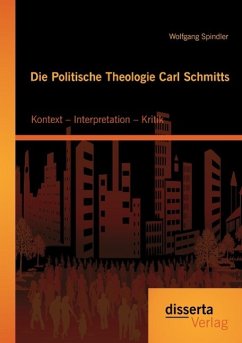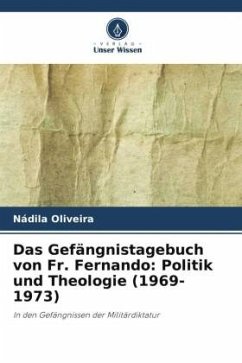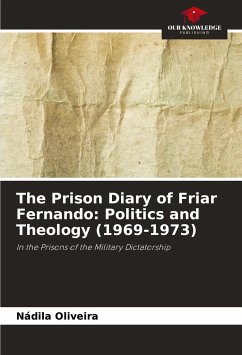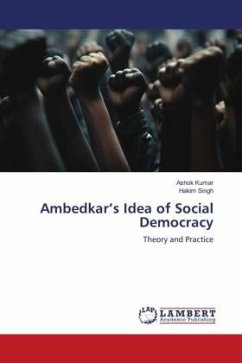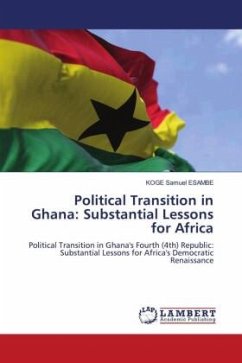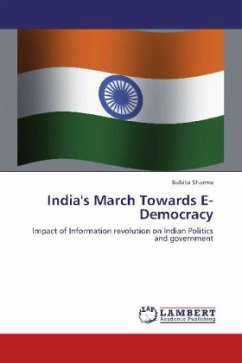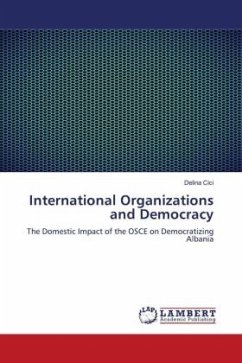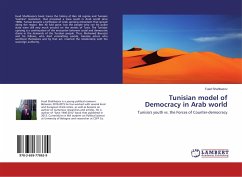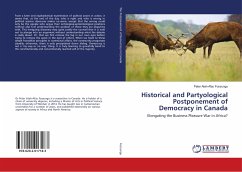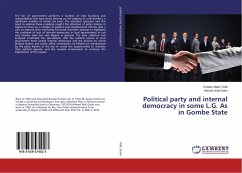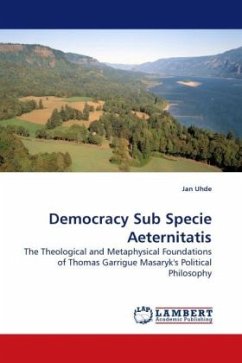
Democracy Sub Specie Aeternitatis
The Theological and Metaphysical Foundations of Thomas Garrigue Masaryk's Political Philosophy
Versandkostenfrei!
Versandfertig in 6-10 Tagen
39,99 €
inkl. MwSt.

PAYBACK Punkte
20 °P sammeln!
Thomas Garrigue Masaryk (1850-1937)is often remembered as one of the pre-eminent "philosopher- kings" of the twentieth century. Masaryk's opinions concerning philosophy and politics continue to be studied in current academic literature, especially in the Czech Republic where the issue of Masaryk's legacy continues to be debated. In this work the author recognizes that although many studies have noted the religious elements in Masaryk's thought and life, they have not analysed them for their specific and inherent theology and have therefore not stressed the importance of the connection between ...
Thomas Garrigue Masaryk (1850-1937)is often remembered as one of the pre-eminent "philosopher- kings" of the twentieth century. Masaryk's opinions concerning philosophy and politics continue to be studied in current academic literature, especially in the Czech Republic where the issue of Masaryk's legacy continues to be debated. In this work the author recognizes that although many studies have noted the religious elements in Masaryk's thought and life, they have not analysed them for their specific and inherent theology and have therefore not stressed the importance of the connection between Masaryk's own modern political philosophy and the theology of the seventeenth century educational reformer and Czech national hero Jan Amos Komensky (1592-1670). Jan A. Uhde examines Masaryk's literary works for evidence demonstrating the fundamental place that theology holds in Masaryk's political philosophy and argues that despite Masaryk distancing himself from theology as a tool of medieval theocracy, the fundamental assumptions upon which Masaryk constructed his political philosophy were theological and borrowed from Komensky.



